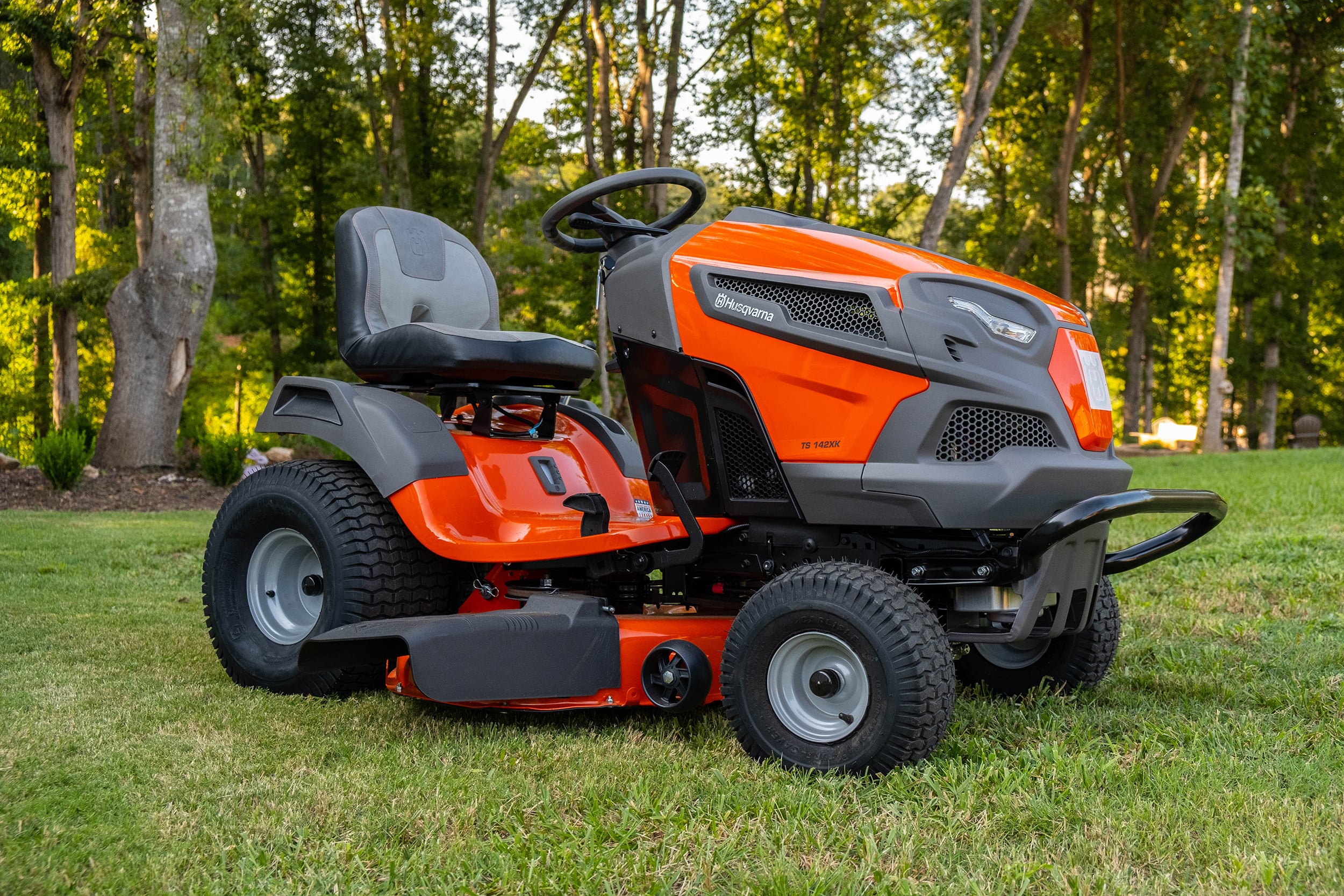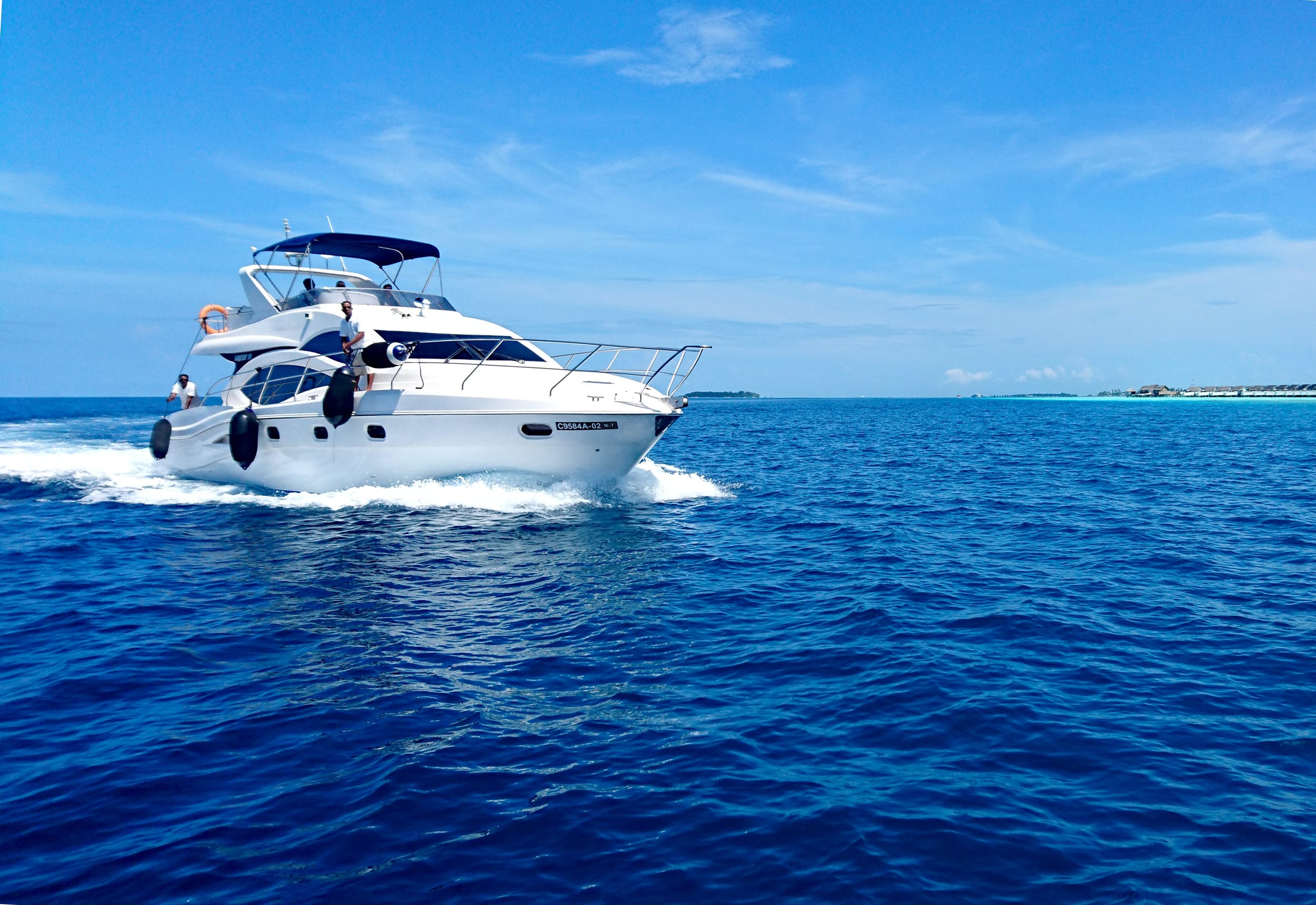Alternatives for ZDDP Additives


Emissions Regulations are Causing ZDDP (Zinc) Additives to be Pulled from the Market. What are the Alternatives?
ZDDP additives have long been known for their wear protection and as a “good” engine break-in additive. However, they are slowly being pulled from the market as they are extremely harmful to catalytic converters and in turn engine emissions. While this is causing many people to grumble it is also helping many people turn to newer technologies that in some cases can offer great protection without being harmful to emission regulation systems.
1. Teflon. Yes, Teflon, we are back to a not so new technology that boasted great friction reduction in the past and somehow continues to be a well-respected component of many additives.
The upside: Teflon does reduce friction without the negative consequences of ZDDP additives, however, Teflon does have a pretty major skeleton in the closet.
The downside of Teflon: It breaks down at relatively low temperatures. Teflon will hold up just into 600 degrees Fahrenheit, which is a major problem as temperatures during combustion reach over 1100 degrees Fahrenheit. Slowly the Teflon is exposed to temperatures higher than it is able to withstand and it breaks down resulting in gummy deposits that are actually harmful to the engine. These deposits can result in lower efficiency, increased friction, and in some cases, the added stress can be enough to cause catastrophic failure in engine components.
2. Organic Additives. There are a number of organic additives that have come to market in the last few years and most do provide good friction reduction.
The upside: Good friction reduction and wear reduction properties while maintaining a good working temperature. Meaning they will not break down under normal engine operating circumstances.
The downside: Low metal adhesion. Most wear in any engine-new or old- will occur during startup. The oil is not yet circulating and therefore there is limited lubrication throughout the engine, which results in increased wear. The problem is only compounded as temperatures drop and the oil becomes thicker which increases the time it will take to circulate the oil. For this reason, we classify a “great” additive as one that has high metal adhesion, meaning it will bond into the engine components and provide protection even when the oil is not circulating.
3. Ceramic Additives. Ceramic additives are relatively new to the additive world but seemingly have a lot to offer. Ceramic additives use an additive call hexagonal boron nitride. Let’s call it HBN. HBN is a pretty amazing and dynamic additive. It offers the lowest friction coefficient of any solid we know of–for example, it is about half of that of premium full synthetic oil!
The upside: Ceramic additives offer excellent wear protection and friction reduction. The breakdown temperature of HBN is well over 1800 degrees Fahrenheit, which means you do not have to worry about it breaking down in your engine. Additionally HBN does not negatively affect catalytic converters and in turn does not have a negative effect on emissions; actually, it has the inverse effect! Because HBN has excellent metal adhesion it will not only provide great protection during engine start up but because it bonds into the metal it will also help increase and maintain compression. As blow by is reduced and compression is increased the total emissions are reduced.
The downside: All products have a downside and for ceramics, the downside is the cost. True HBN ceramic products are expensive because pure and consistently sized HBN particulates are expensive to produce. Also, beware as there are many imitation ceramic products on the market that use low percentages of HBN and use Teflon to try and create the same effect achieved by HBN.
So when you start looking for ZDDP additive replacements w recommend WAGNER Micro Ceramic Additives as they use an extremely high quality of HBN and do NOT use Teflon. Worldwide they are the leader in true ceramic technology and work with some of the world’s most prestigious OEM Brands! Some of the WAGNER Brands include Wagner Classic Oil, Wagner High-Quality Lubricants, AirTec Lubricants, Wagner UMC, and Windigo!











